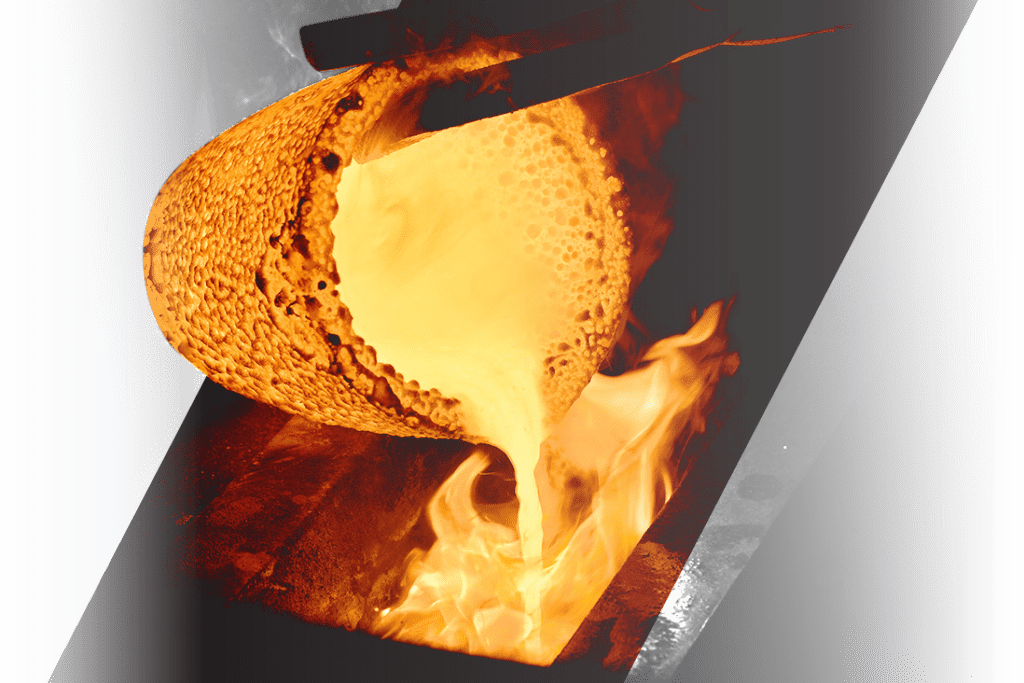REFINING 101
GET SOME INSIGHT INTO WHAT WE DO BEST
What is precious metals refining?
At Garfield, we’ve mastered the craft of precious metals refining since 1892, helping people like you get the most for their gold, silver, platinum, and palladium. Here’s some insight into the refining process.

What is refining?
Refining is the process of purifying an impure metal. It’s easiest to think of precious metals refining as a method of recycling. The refining process takes products or byproducts containing precious metals (such as jewelry or dental scrap) and isolates the metals back into more purified states for recirculation.
What is an alloy?
Metals are often mixed and melted together, creating what’s known as an alloy. Alloys are made because their properties can be superior to those of pure component metals. Some metals are stronger, less corrosive, and look better, so alloying is done to gain these benefits. For example, gold is mixed with nickel or tin to create white gold. Alloys are commonly used in all dental metals and fine jewelry.
What is an assay?
An assay is a procedure that assesses the properties of an unknown substance. In precious metals refining, an assay precisely identifies the precious metals contained within an alloy. Put simply, assays determine how much gold is in the metals you send, which helps us calculate your payment.
What happens to the metal after it’s refined?
Once we re-purify the precious metals we receive, they enter back into the market, where they can be bought as an investment or used to create new products. Precious metals refining is essentially recycling. All the material we receive gets put back to good use, reducing the need to mine new material.
What does karat mean?
Karat is a purity rating used in jewelry. For gold, it’s used as a standard marker of quality, acting as a shorthand label to identify the alloy. Karat jewelry is far more valuable than more common gold-filled, gold-plated, and costume jewelry.
